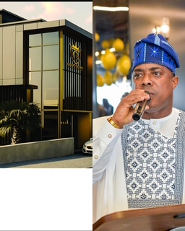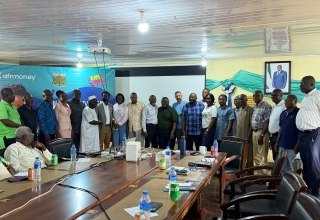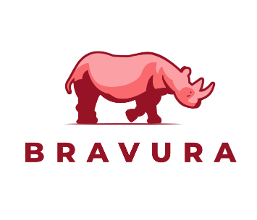Chapter 1: An Entertainment Hub Reinforcing Class Separation?

By Kelvin Jay
A new Entertainment hub known as Chapter 1 has quickly become the talk of the town. The club, described by many as highly sophisticated, offers an exclusive atmosphere, with its drink prices clearly targeting the upper class.
In a country like Sierra Leone—where a significant portion of the population struggles to afford even one decent meal a day—the cheapest drink at Chapter 1 reportedly costs over Le 2,000, making it inaccessible for the average citizen.
Is Chapter 1 an Investment?
Like many upscale entertainment venues, Chapter 1 was likely established as a business venture, primarily aimed at generating profit. Entertainment complexes are often seen as lucrative investments, especially when strategically located and marketed to attract the affluent. Investors typically expect strong returns based on the number of patrons, volume of drink sales, and brand exclusivity.
A good example can be found in LOR Restaurant, another recent entrant into Sierra Leone’s hospitality scene.
LOR has witnessed a steady increase in customer base, thanks to its relatively affordable pricing and appealing business approach. Unlike Chapter 1, drinks at LOR are more budget-friendly, which has made it more popular among middle-class patrons.
A Club for the Elite
Many observers believe that the high drink prices at Chapter 1 are sending a deliberate message of exclusivity and class separation. For instance, a bottle of Ace of Spades Champagne sells for a staggering Le60,000—a price well beyond the reach of the ordinary citizen. This has led to the perception that Chapter 1 is designed only for the wealthy and powerful—those involved in high-end business transactions or members of the upper echelon of society.
Some even speculate that the club could become a discreet meeting place for illicit dealings, with rumors circulating that drug dealers and other underworld figures may prefer such exclusive venues to conduct their business in private, away from public scrutiny.
Is Chapter 1 Just a Face Value Operation?
Many people are beginning to question the true purpose of Chapter 1. While on the surface, it appears to be a high-end nightclub, insiders argue that what happens behind its doors may be an entirely different ball game. To the average passerby, it’s a sophisticated venue for entertainment—but according to observers, the pricing structure and exclusivity suggest there might be more going on beneath the surface.
What’s fueling this suspicion is the $100 entrance fee and the exorbitant cost of beverages sold at Chapter 1. For instance, a bottle of Ace of Spades Brut Gold reportedly sells for up to Le 60,000 at the club. But globally, this same champagne retails for around €250 (about Le 6,500), depending on the market. This steep markup has raised eyebrows, particularly when compared to what’s being charged in the world’s most expensive and exclusive clubs.
Global Comparison: Chapter 1 vs the World
SoFi Entertainment Complex (USA), one of the most expensive entertainment facilities globally, includes a stadium, event spaces, and premium hospitality. Yet, despite its grandeur, it sells premium beers like Stella Artois and Pacifico for around $17—roughly Le 430. Its price for California wine is ranging from $25 to $60 or more per glass or bottle.
Snack and wine could cost between $30- $60 per guest, while beer and wine alone might be $25-$40 per guest.
Resorts World Sentosa (Singapore), ranked as the 4th most expensive club in the world, offers top-shelf liquors like Jack Daniel’s for about $16 SGD, which converts to approximately Le 281.89. There is no entrance fee charged for entry into the club itself. However, the levies apply to access the casino, attractions and premium services within the integrated resort.
When compared to these international benchmarks, Chapter 1’s drink prices seem not only excessive but also unjustifiable, especially in a developing economy like SierraLeone where the average citizen struggles daily to meet basic needs.
What’s the Real Intent?
This has led to serious public debate. Why would a club in Sierra Leone sell beverages at prices significantly higher than those in elite clubs in developed nations? Is Chapter 1 merely about luxury, or is the pricing a deliberate strategy to create exclusivity—or even conceal other types of transactions?
Some argue that the club may be serving as a symbolic space for the country’s ultra-wealthy, money launderers, or even individuals involved in illicit trade—hiding in plain sight under the guise of nightlife and luxury.
The overpricing may serve as a barrier to entry, keeping the general public out while fostering an elite circle of influence and unchecked activity inside.





